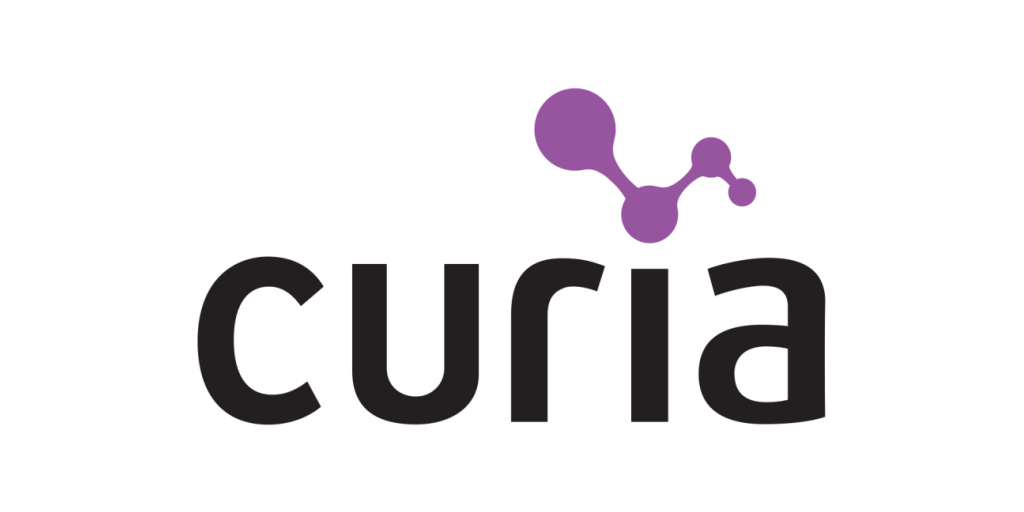Scale-up and Production of Key Lipids Used in mRNA Delivery Systems
DATE
April 25, 2024
TIME
8:00 a.m. PDT, 11:00 a.m. EDT, 16:00 BST, 17:00 CEST
Duration: 60 Minutes
Overview
Vaccines based on mRNA technology demonstrated notable success during the COVID-19 pandemic. A crucial aspect of their efficacy lies in a formulation using lipid nanoparticles, enabling mRNA to enter the cell interior and initiate spike protein synthesis in the ribosomes. This formulation typically comprises four components, with particular emphasis on two: ionizable lipids and PEG lipids. To meet the demands of a large patient population during the pandemic, substantial quantities of lipids were required for vaccine production, necessitating a rapid scale-up of manufacturing processes.
This webinar will explore the specific requirements for industrializing processes in the production of ionizable lipids and PEG lipids, elucidating concepts to address typical challenges. Frequent restrictions include high molecular weight, the oily nature of pure substances, and the often absent chromophore. Both purification and analytics present unique challenges that must be carefully considered during synthesis.
Key Learning Objectives:
- Understand the essential requirements for scaling up processes and producing key lipids for Nano Particles.
- Identify specific challenges in lipid production and develop effective strategies to overcome them.
- Gain insights into the analytical aspects of lipid process research and development (R&D) and scale-up.
Who Should Attend:
- Researchers with focus on process scale-up
- Chemists and other scientists from Academia interested in recent developments in the pharmaceutical industry
- Lab technicians
Brought to you by:

Speakers
 Joerg Jung
Joerg Jung Sr. Director Small Molecule Development
Curia Global
 Melissa O'Meara
Melissa O'MearaForensic Science Consultant,
C&EN Media Group
Registration
*By submitting this form, you agree to receive more information on related products and services from the American Chemical Society (ACS Publications) and its sponsor via email. ACS takes your privacy seriously. For more information, please see the ACS Privacy Policy.
© 2025 American Chemical Society, 1155 16th St NW, Washington, DC 20036, USA. View our Privacy Policy
